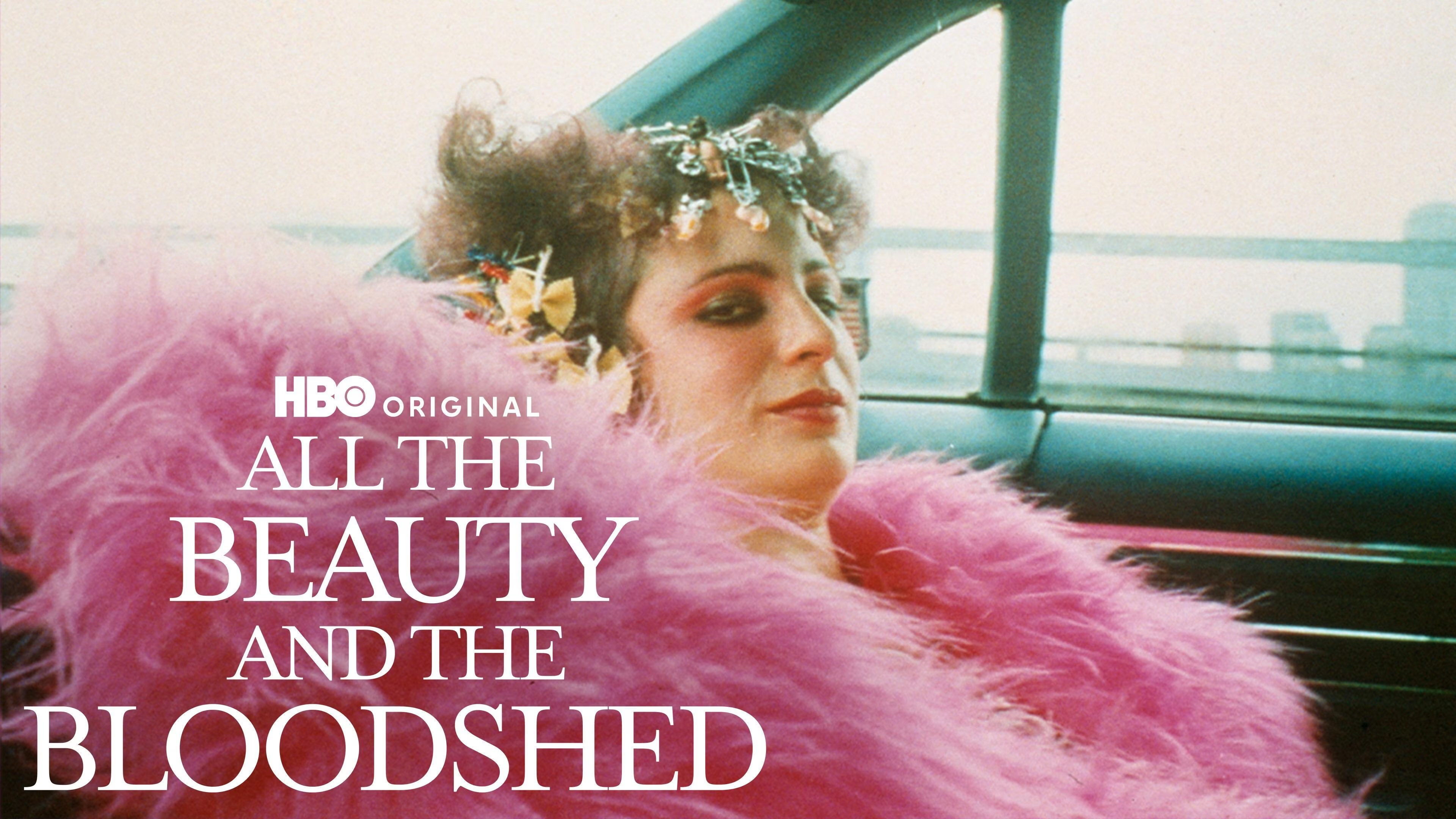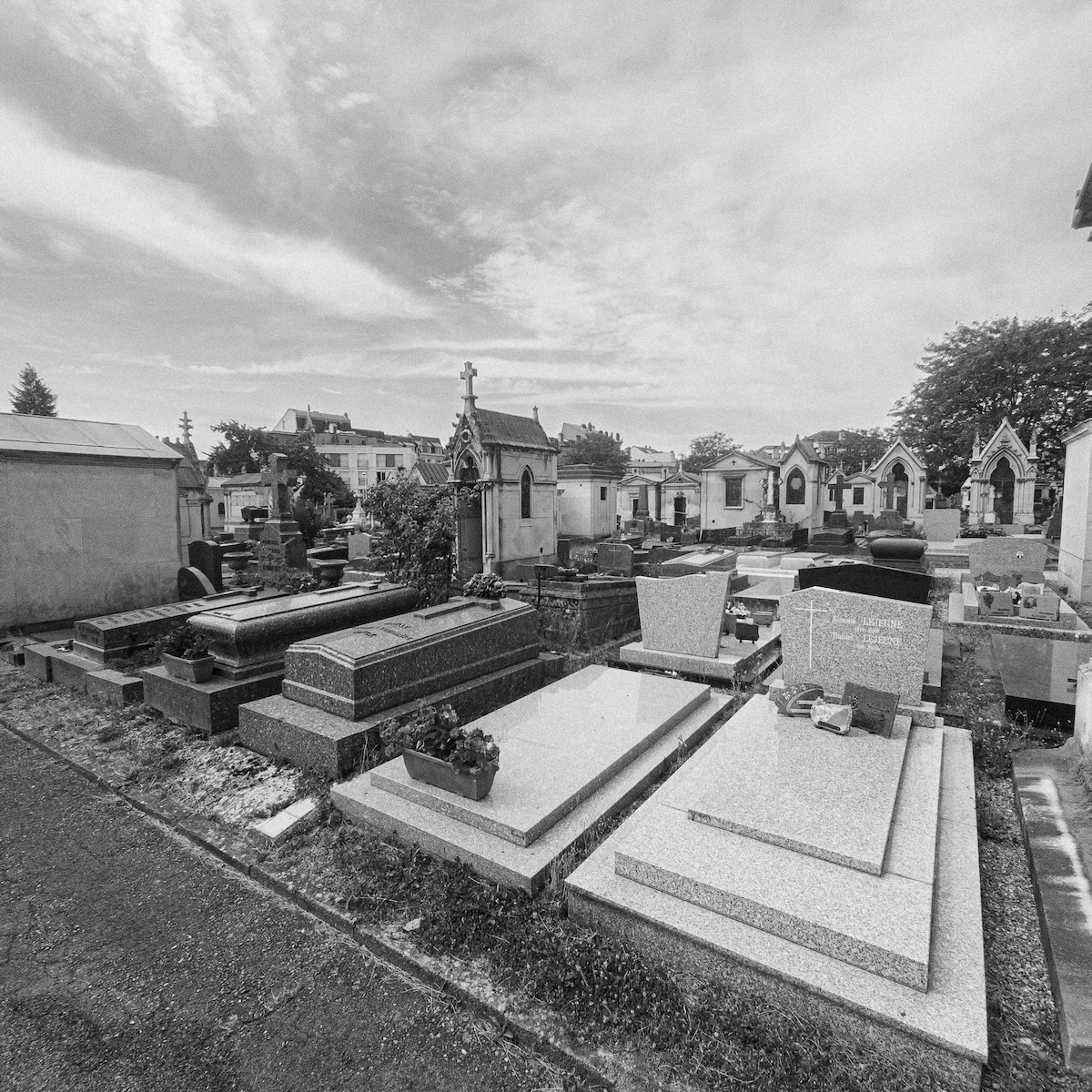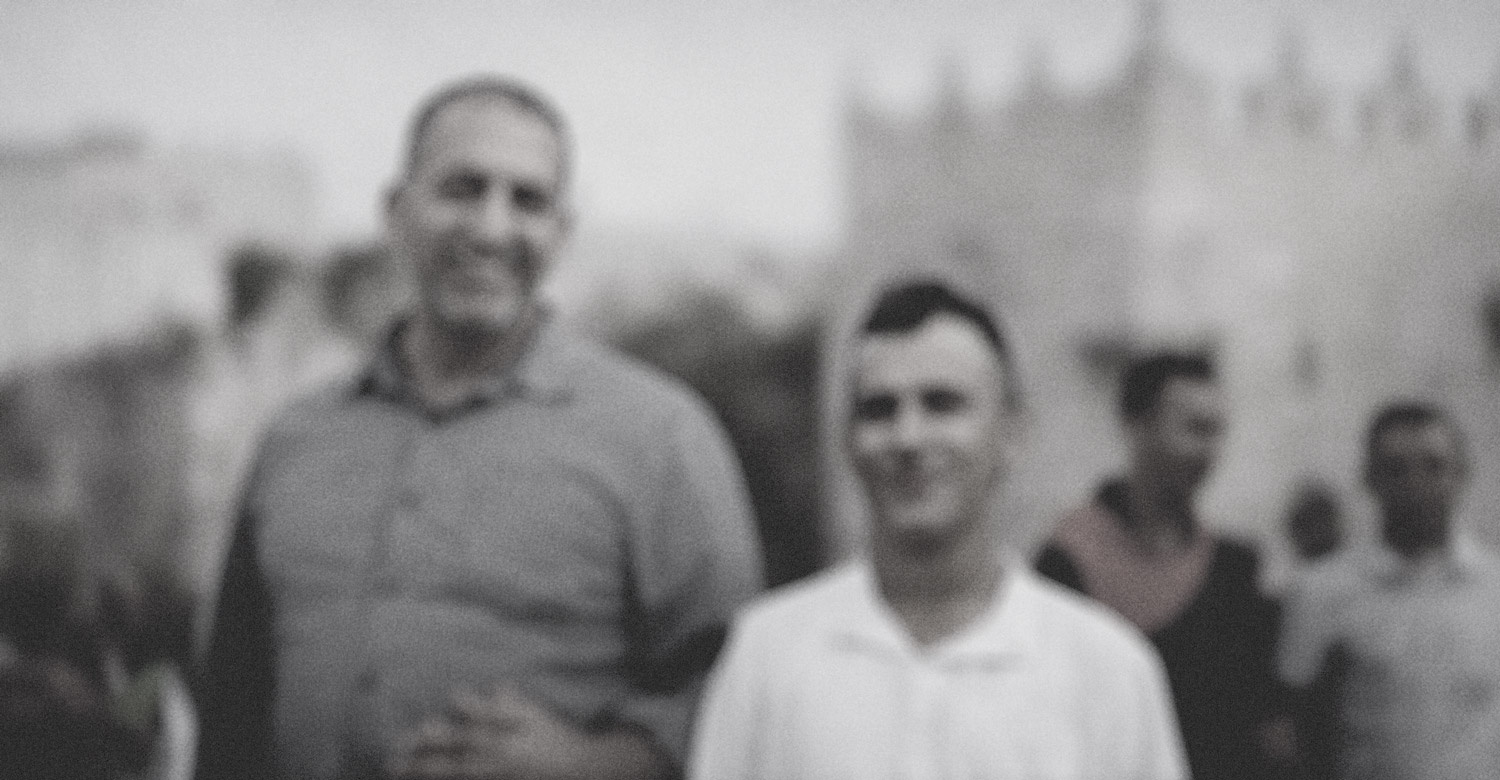Creative Paths, Travel Illusions, and Other Fragments — To Be Continued (1)
In this post and the ones that follow, I’ll be sharing excerpts from the content I write in the weekly newsletter Lil-Hadith Baqiya (To Be Continued).
Please note that what’s published here is usually less detailed, and there’s often a time gap between what appears on the website and what gets sent via email. That’s partly due to my schedule, and also because I try to give the newsletter priority in both timing and content.
If you’d like to subscribe and receive the emails as they’re released, you can do so via the link at the bottom of the page.
Welcome back.
---------------------------------------------
Too Many Gifts, Too Little Room
Eleven years ago, I met the famous designer Michael Bierut at the annual What Design Can Do conference in Amsterdam. After introducing myself, I asked him for one piece of advice: something he wished he had done but didn’t.
"If you can do more than one thing, don’t waste your life doing just one."
That sentence stayed with me. It echoed in my head for a long time. At one point, I seriously considered leaving photography behind, and tried to limit how much I drew beyond what was needed for my work as a designer. But over time, I grew more convinced that having multiple skills isn’t a flaw. That doesn’t diminish the importance of deep specialists, of course — without them, life would be impossible.
Still, I also believe that having many talents can be a trap, and only a few manage to escape it. Around us are successful, creative people who have followed clear, linear paths, while many talented individuals remain tangled in endless webs of distraction.
Beyond work, I’ve noticed something else: the people we tend to connect with more deeply — socially and emotionally — are often those with wide-ranging interests. People whose curiosity is alive, whose conversations feel vibrant and open, whose flexible spirits can engage in many kinds of moments.
People who love music and cinema might also read philosophy, or do pottery, or play an instrument. Conversation with them never runs dry. And they never feel like they need to impress.
---------------------------------------------
On Travel and Escape
Recently, I came across Moral Letters to Lucilius by Seneca — a book filled with wisdom. It's striking how this Roman philosopher from the early first century wrote in ways that feel eerily relevant to our modern lives, as if human nature hasn't really changed.
I came across a few passages about travel and escapism
In one letter, on travel as a cure for discontent, Seneca writes:
"Do you suppose that you alone have had this experience? Are you surprised, as if it were a novelty, that after such long travel and so many changes of scene, you have not been able to shake off the gloom and heaviness of your mind? You need a change of soul rather than a change of climate. Though you may cross vast spaces of sea, and though, as our poet says, 'Lands and cities are left astern,' your faults will follow you whithersoever you travel. Socrates made the same remark to one who complained; he said: 'Why do you wonder that globe-trotting does not help you, seeing that you always take yourself with you? The reason which set you wandering is ever at your heels.'"
— Seneca, Moral Letters to Lucilius, Letter 28
"What good does it do you to go overseas, to move from city to city? If you really want to escape the things that harass you, what you're needing is not to be in a different place but to be a different person.
But travel won't make a better or saner man of you. For this we must spend time in study and in the writings of wise men, to learn the truths that have emerged from their researches, an carry on the search ourselves for the answers that have not yet been discovered."
Moral letters to Lucilius/Letter 28
The Stoic Letters
---------------------------------------------
2 Films Worth Watching
Normally, I'd recommend just one film to watch, but in this first post as a bonus, I'm excited to share two films that I really enjoyed! The first is a recent watch, and the other popped back into my head after a chat with a friend about the lives of immigrants.
All the Beauty and the Bloodshed

A stunning documentary tracing the life and activism of Jewish-American photographer Nan Goldin. It focuses on her battle against the Sackler family, owners of Purdue Pharma, who are widely blamed for fueling the opioid crisis in the U.S. The film explores her chaotic upbringing, the impact of her sister’s suicide, and her founding of the activist group P.A.I.N, which led protests against museums funded by the Sacklers.
As a side note, Goldin has also spoken out against the war in Gaza, condemning the attacks on civilians and cultural sites. In a recent event in Germany, she called for an immediate ceasefire and stood in solidarity with the Palestinian people. Watch: https://www.instagram.com/reel/C2kAPlTqkMQ
The Secret of the Grain

If you haven’t seen this film yet, you’ve missed a lot.
The Secret of the Grain — or The Secret in the Couscous as it’s known in Arabic — is directed by the Tunisian-French filmmaker Abdellatif Kechiche.
It’s a film about things left unsaid, yet always present.
About a father trying to start over too late, while exhaustion eats him, and the eyes of others never stop following him. At its core, it’s a story about dignity, family, and a place that never truly sees you, no matter how long you stay.
A film full of emotion, heavy, layered, and deeply human.
Here’s a remarkable excerpt from the film:
"If it was only about us,
a few olives and a chunk of bread
would be plenty.
But when we see you,
happy and all,
that's fantastic for us.
We live again. You see?
Solitude, exile, humiliation...
All that's behind us.
We think at least we didn't,
we aren't just...
We didn't immigrate for nothing.
See my point?"
The Secret of the Grain (or La Graine et le Mulet) is written and directed by Abdellatif Kechiche.
It won the Silver Lion and the Special Jury Prize at the 2007 Venice Film Festival, in addition to four César Awards — including Best Film and Best Director.






